To delete empty folders inside /users/country/CAN without recurcy:
File dataFolder = new File("/users/country/CAN");
File[] dataFolderContent = dataFolder.listFiles();
if (dataFolderContent != null && dataFolderContent.length > 0) {
for (File item : dataFolderContent) {
if (item.isDirectory()) {
File[] itemContent = item.listFiles();
if (itemContent != null && itemContent.length == 0) {
item.delete();
}
}
}
}
Update.
For example root folder is /users/country and we need to remove all empty folders at a certain depth from root. In case from your comment depth=2.
I used most simple IO as task is simple. If you want NIO you can find about Files.walk(Path path, int depth).
public void deleteEmpty(File folder, int depth) {
if (folder.isDirectory()) {
if (depth == 0) {
String[] folderContent = folder.list();
if (folderContent != null && folderContent.length == 0) {
folder.delete();
}
} else {
depth--;
File[] listFiles = folder.listFiles();
if (listFiles != null && listFiles.length > 0) {
for (File file : listFiles) {
deleteEmpty(file, depth);
}
}
}
}
}
Update 2. Example with NIO.
final int targetDepth = 2;
final Path path = Paths.get("/users/country");
try (Stream<Path> walk = Files.walk(path, targetDepth)) {
walk.filter(Files::isDirectory).forEach(folderPath -> {
if ((folderPath.getNameCount() - path.getNameCount()) == targetDepth) {
File folder = folderPath.toFile();
String[] list = folder.list();
if (list != null && list.length == 0) {
folder.delete();
}
}
});
}


